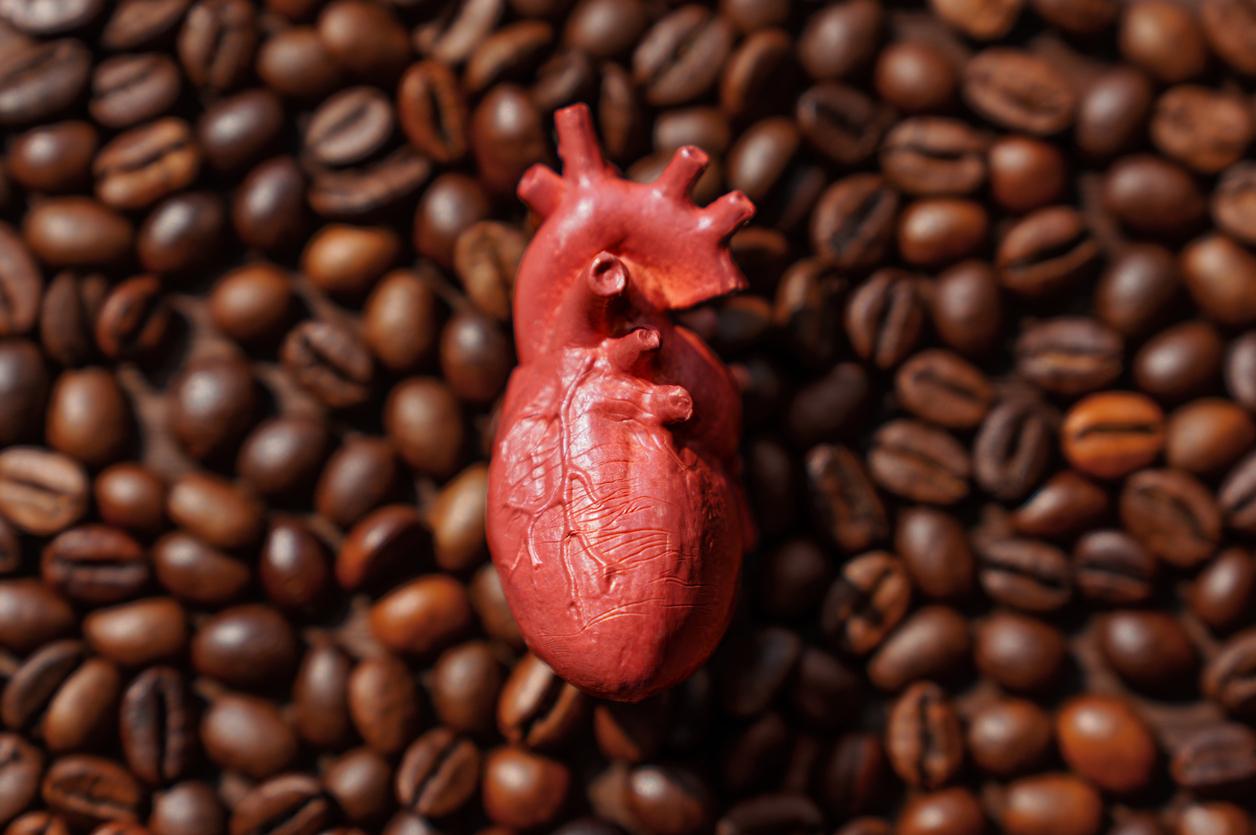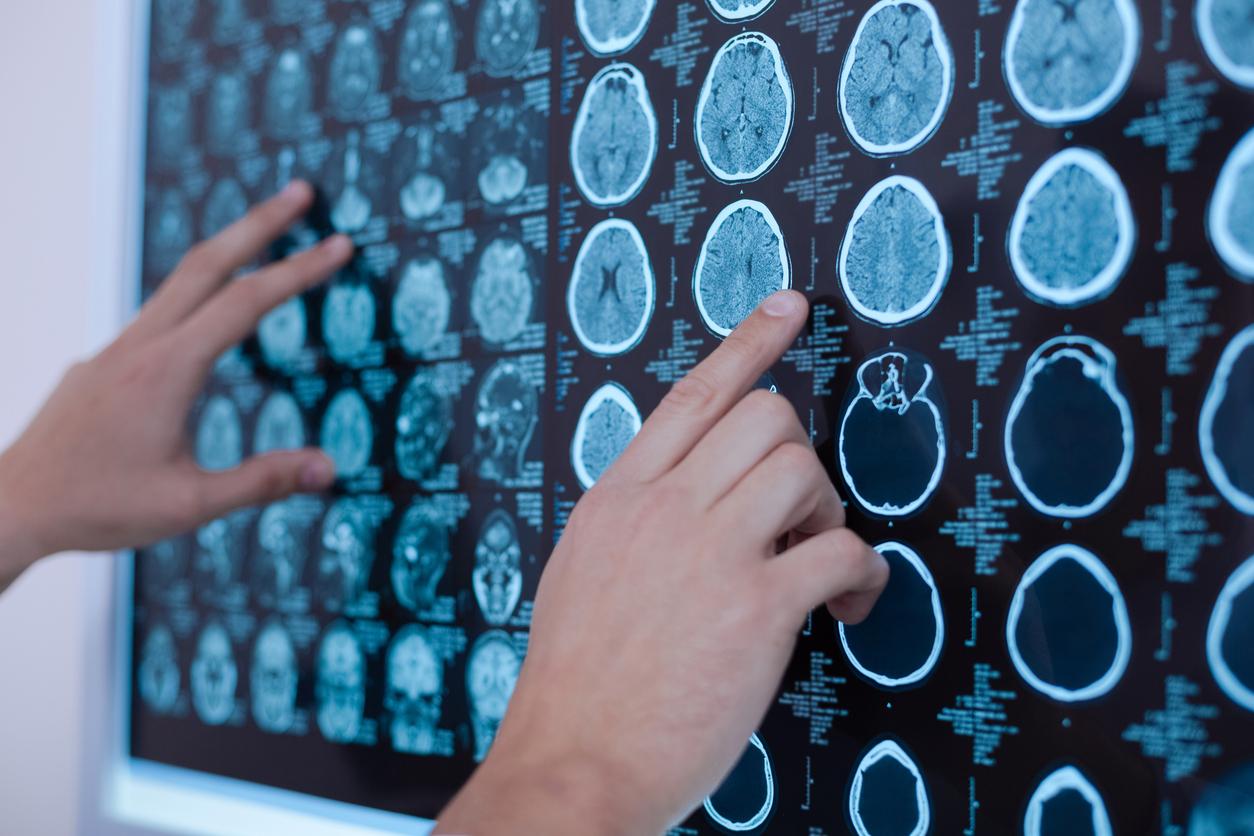It can disrupt our sleep or have a protective effect against certain neurological diseases, caffeine is not harmless to our health.

The undisputed star of breakfast and the end of meals, coffee is the favorite hot drink of the French, who are more than 20 million consuming it daily. The effects of caffeine, its active substance, are of great interest to researchers who devote dozens of scientific articles to it every year. Here are three essential data to consume without moderation.
Does coffee prevent sleep?
Yes. American researchers at the Detroit Sleep Disorders Research Center have shown that caffeine taken 6 hours before bed can reduce the amount of sleep by 1 hour.
In normal times, falling asleep is triggered by adenosine, a chemical messenger that binds itself in particular to receptors located on the surface of certain brain neurons, whose activity is thus slowed down. “Barely five minutes after its ingestion, caffeine enters the brain and binds to these same receptors, preventing adenosine from exerting its soporific action”, explains Jean Costentin, pharmacologist and co-author of a book on the virtues of coffee (1) These effects vary, however: some cannot sleep after having drunk a single cup, while others seem insensitive to them. The reason lies with our genes. According to our genetic background, in fact, we do not all inherit the same version of this receptor, some forms fixing caffeine with greater efficiency than others.
Is caffeine dangerous for the brain?
No. Long pointed out for its supposedly harmful effects on health, coffee would ultimately have protective effects against certain brain diseases. An American team of neurologists and nutritionists from Harvard University has shown that people who drink coffee regularly develop Parkinson’s disease less frequently than those who never drink it.
“The neurons usually affected in this disease are protected by caffeine which disrupts their degeneration process. By what mechanisms, it remains to be elucidated, specifies Jean Costentin. In addition, the state of health of patients already affected by this disease improves when they consume coffee. Caffeine leads to a significant release of dopamine, a chemical messenger that patients lack. This thus decreases the tremors and the muscular pains which they undergo ”.
Coffee for dessert, light digestion?
Yes. One of the well-known effects of caffeine is the release of adrenaline, a hormone that will increase the force of the heart to contract. Drinking coffee after a meal will thus promote blood flow in the abdomen, which accelerates the absorption of food.
People who drink coffee have also been shown to digest fat faster than those who don’t. “Caffeine actually stimulates the contractions of the gallbladder, which increases the secretions of bile salts and thus facilitates the degradation of lipids”, explains Jean Costentin. So think about the “little black guy” when you come out of your endless end of year festive meal!
(1) Coffee, tea, chocolate: the benefits for our brain and our body.
.















